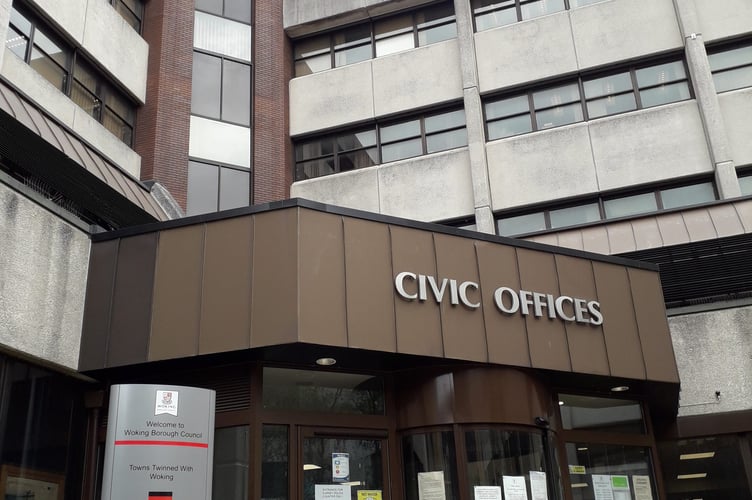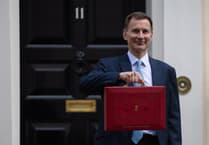GOVERNMENT concerns have triggered a review into Woking Borough’s Council’s finances and its levels of debt.
According to the Minister of State for Local Government, Paul Scully MP, WBC has the highest level of commercial debt relative to its size for a council.
But the Conservative former leader of the council, Cllr Ayesha Azad, has defended WBC’s long-term financial strategy as sufficiently robust to cope with a debt forecast to rise to £2.4 billion by 2025.
"Yes, there will be challenges in the short term, but in the longer run I’m confident that Woking council can cope with that debt,” said Cllr Azad.
“It’s a huge number, of course it is, but it comes from a thoroughly-modelled approach when the vision for Woking was put in place about 10 years ago.”
“Flagship projects such as Victoria Place and the Sheerwater redevelopment were financed at low levels of interest with the prospect of substantial returns over the longer term. It wasn’t a case of sticking up a finger in the wind.
“Although the Liberal Democrats are talking a lot about the debt now, from around 2012 onwards there was broad cross-party support for using money borrowed from the government to provide community infrastructure and affordable homes in Woking.

“The amount of community infrastructure and homes that have been provided has been substantial.
“The idea it was nothing to do with any other party is completely untrue. The new [Eastwood] Leisure Centre built as part of the Sheerwater Regeneration Scheme is named after a former Lib Dem councillor by way of their support for the project.”
Cllr Azad is the leader of the Tory group on WBC, and is also a county councillor. Until last week, she was the cabinet member for finance and resources at SCC, but has stepped down from this position while the review takes place.
WBC council leader Ann-Marie Barker received a letter last week from the Minister of State for Local Government, Paul Scully MP, echoing the concerns relating to Woking’s high level of debt previously noted by his predecessor Kemi Badenoch MP in May.
“I have concerns that, despite Woking having the highest level of commercial debt relative to its size of any authority, its debt is forecast to rise even further to almost £2.4bn by 2024-25,” wrote Mr Scully.
“Due to the complexity of the council’s financial position, I would like advice from an external review.”
Responding to the minister’s letter, Cllr Barker – adding the high level of debt was something her Lib Dem administration had inherited when they came to power in May – said she welcomed support and advice from an independent review into the council’s finances, investments and related governance.
“It is, however, clear that difficult decisions will have to be made and significant financial challenges lay ahead. My administration has taken decisive early action and is committed to ensuring that our financial position is resilient, affordable, responsible, and sustainable,” she said. “I will ensure that residents, businesses, and community partners are kept fully informed throughout the duration of this process.”
WBC has also announced its intention to draw on financial expertise from the county council, which prompted Cllr Azad to step down from her cabinet role over a “potential conflict of interests” while the review is in progress.
Like Cllr Barker, Cllr Azad welcomed the review and engagement with the county council.
“The finance team at Woking is under-resourced and the association with Surrey can help that, although I’d see that as being short term,” Cllr Azad said.
“And I welcome the external review, as I think would the residents. It will give them some reassurance.”




